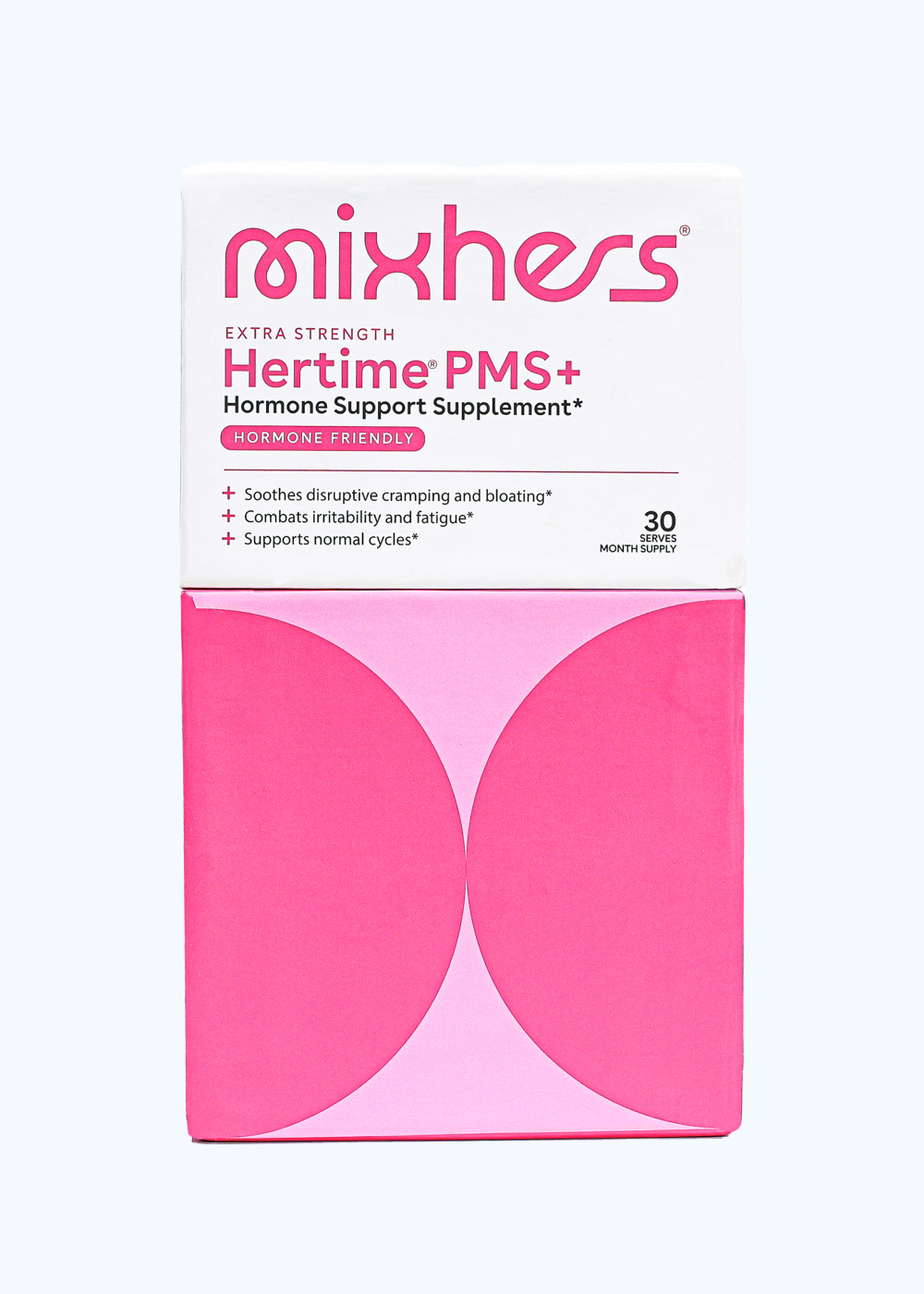The first and most important step to conquering overeating is realizing it's happening. Since you're here, you've obviously already done that, so congratulations! Instead of feeling guilty, work on building up your self-confidence and showering yourself with positive affirmations. Positivity is empowering and will help you along your mindful eating journey.
Alright, we've kept you waiting long enough, so here are some easy tips to stop overeating and start healthy eating habits.
It sounds cliché, but simply being more mindful when we eat can help us avoid overfilling our bellies. Mindful eating is the practice of actually paying attention to what we put into our mouths. If you're raising an eyebrow and thinking, "I'm pretty sure I know exactly what I put in my mouth at any given moment," hear us out. When is the last time you decided to eat just a few chips, then noticed a while later that you consumed half the bag without even realizing it? That's mindless eating at its finest.
Mindless eating is very common in our society, and it often occurs when we sit down to snack or eat a meal while also doing something else. While you may applaud your multitasking abilities because you can eat a full meal while simultaneously preparing (er ... "overseeing") your kid's science project or while binge-watching your favorite TV series, you're probably engaging in mindless eating. And mindless eating almost always leads to overeating.
Thankfully, there's an easy way to stop this habit. Simply pay more attention when you eat. This is called mindful eating. Don't eat while watching television, writing emails, or doing anything else that distracts your attention away from what you put in your mouth. Take time to savor and chew each bite sufficiently. You'll find that mindful eating not only helps you avoid consuming too much by helping you realize when your appetite has been satiated, but it also allows you to really enjoy your meals without guilt. You'll also naturally eat fewer calories when you mindfully eat.
If your body lacks nutrients due to a poor diet, your appetite will increase because your body wants to take in more food to nourish itself. The best way to reduce overeating due to nutritional deficiencies is to focus on healthy eating with a well-rounded diet.
If you currently have symptoms of nutrient deficiency, you may want to start supplementing with the vitamins and minerals your body needs. Hermulti is a multivitamin product that comes in powder form and can easily be added to water. It contains important nutrients the body requires to function optimally, including Vitamins D, C, K, and E. It also contains folic acid, magnesium, chromium, and more. When your body receives the nutrients it needs through healthy food and supplementation, it's less likely to rev up the hunger signals because it's nutrient-deprived.
One of the most common myths about eating is that fat is "bad" and should be avoided at all costs. However, along with protein and fiber, healthy fat is very nutritious and filling. That's why it's important to include it in your diet if you struggle with overeating. Healthy sources of fat include avocados, whole eggs, chia seeds, nuts, and fatty fish.
Protein-rich foods include kefir and high-protein yogurts, beans, fish, poultry, nuts, and seeds. Good sources of fiber include oats and oat bran, vegetables (especially sweet potatoes and leafy greens), beans and lentils, whole fruits, and whole grains. We know that sometimes it's hard to get all these good foods in, and if you're like a lot of other women, you might struggle to consume enough vegetables and greens. That's why we've created Hergreens; a simple way to get your full serving of greens each day.
Cravings can come out of the blue and smother our strongest desires to avoid overeating. If you frequently indulge in snacks even when you're not truly hungry, you're probably dealing with cravings.
If you're a binge eater, a registered dietitian can provide you with the tools you need to properly fuel your body and make better food choices. Depending on your dietitian's recommendations, you may learn helpful dietary techniques such as intuitive eating and avoiding trigger foods.
While too many food rules can cause you to feel deprived and lead to more binge-eating episodes, one or two food rules can help you avoid overeating. Your food rule can be anything from "I'll never eat while watching TV" or "I will always drink a glass of water before eating." Just choose something that will be most effective in helping you manage your food intake more effectively.












